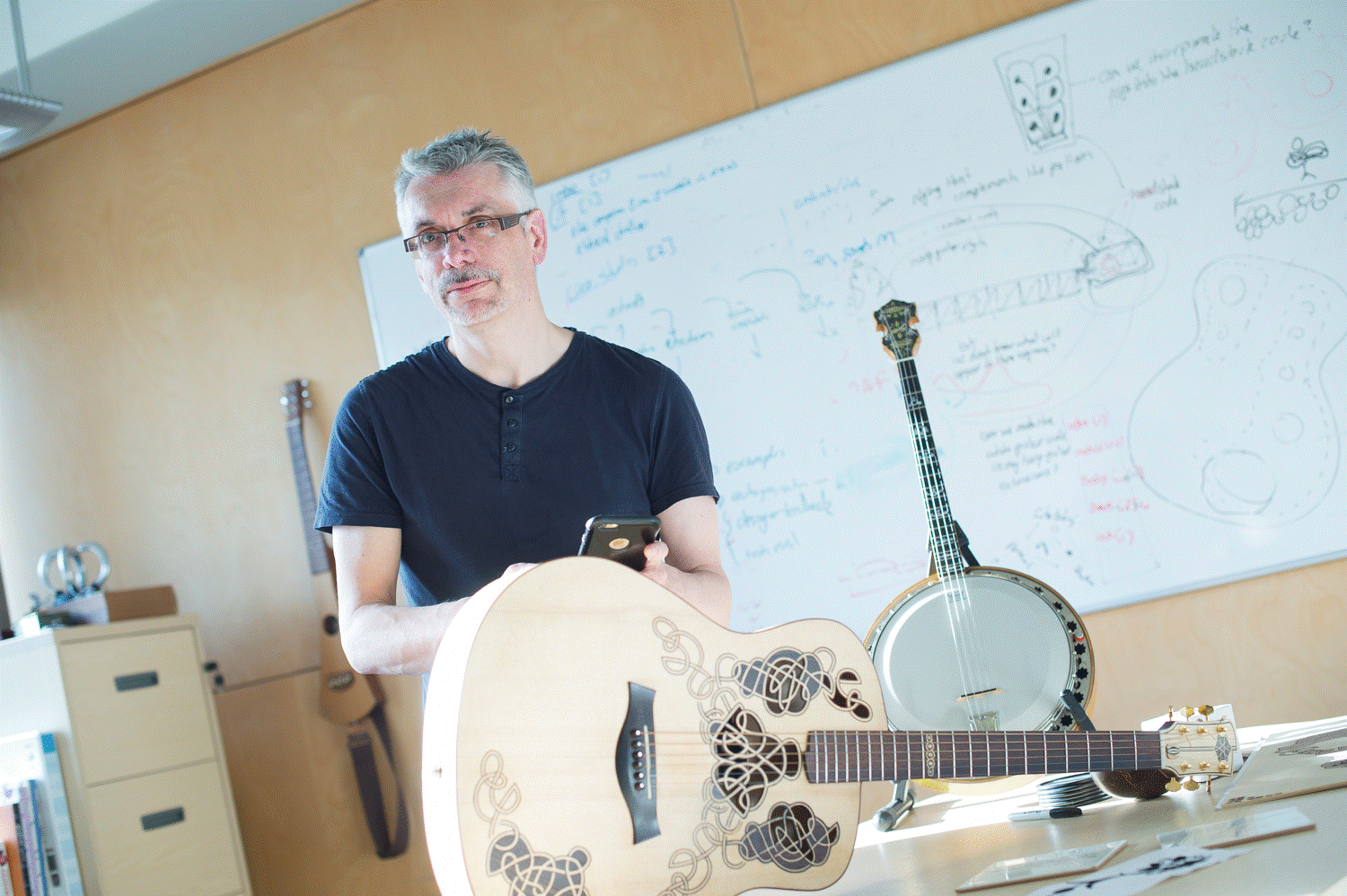
December 5, 2019, by Hazel Sayers
Director’s Blog
The Smart products beacon is tackling two big questions. What are smart products? And how are they made?
A smart product is one that uses digital technologies and especially personal data to become more adaptive, personalised and valuable. It captures data throughout its lifetime – through both manufacture and use – and uses this to adapt itself to consumers. In so doing it blends aspects of goods, services and experiences, the three dominant product logics from economics and business into new forms. Sounds a bit abstract? Let’s take an example .…
There was a time when a car was made of rubber and iron. A car is also something you bought and owned. But those days are passing. A modern car is part software, containing an engine management system that can adapt its driving behaviour, and also hosts a variety of other services for navigation and entertainment. Some might say the modern car is really a mobile phone on wheels. For many consumers, a car is now also now a service that they lease rather than a good that they own.
But the transformation doesn’t end there. In a possible future world of autonomous cars, mobility itself may be the service, with consumers summoning vehicles on demand that adapt themselves on the fly to their preferences and history of previous travel. In this world, the physical units become interchangeable and it is the data that matters. You step into a car and it becomes yours by loading your personal profile and adapting itself to you. In those case the car is the data. As Neo learns when he visits the Oracle: “There is no spoon” (only data).
If smart products are made from new materials – personal data – then they are also made in new ways. Digitally native products such as social media are inherently co-created. Consumers either explicitly provide content in the form of the videos and photos they upload directly or implicitly provide it through their records of searches, views and likes. Smart products, even future cars, will be similarly co-created as both manufacturers and consumers engage with digital platforms and data-driven product life-cycles.
This raises a further important question – how can consumers trust future products with their personal data? How can they be sure that products are safe and secure and that they can retain control of their own data?
This vision of co-creating trusted smart products lies at the heart of our beacon. We think that it applies to all manner of products, from high value goods to consumer goods to digital media experiences. We’re looking forward to exploring the possibilities further over the coming years.
No comments yet, fill out a comment to be the first

Leave a Reply